Understanding Crude Oil Centrifuges
A crude oil centrifuge is an essential device in the petroleum industry, designed for the separation of fluids by density. This equipment plays a pivotal role in testing and refining processes, ensuring that the quality of crude oil meets industry standards, such as ASTM D4007. The centrifuge operates by spinning a sample at high speed, which separates substances based on their densities.
Types and Applications
There are various types of centrifuges, including the ASTM D4007 centrifuge, each tailored for specific applications. These devices are not only used for crude oil testing but are also vital in separating particulates from samples, aiding in quality control, and preparing products for further processing or sale.
Features and Usability
Modern centrifuges for crude oil testing boast advanced features that enhance usability. They come equipped with digital displays and user-friendly interfaces, making them accessible to technicians of varying expertise levels. Programmable settings for acceleration and deceleration, as well as variable speed ranges, allow for precise control over the centrifugation process.
Materials and Construction
The construction of a centrifuge machine for crude oil testing is robust, typically featuring materials that resist corrosion and wear. This ensures longevity and reliability in harsh industrial environments, where exposure to crude oil and other chemicals is common.
Advantages of Using a Crude Oil Centrifuge
Utilizing a centrifuge in crude oil applications offers numerous advantages. It provides an efficient method for sample preparation, which is critical for accurate testing results. The ability to quickly and effectively separate phases within a mixture is invaluable in maintaining the integrity of the testing process.
Selection Considerations
When selecting a crude oil centrifuge, it is important to consider the specific needs of the application, such as capacity, speed requirements, and the type of samples being processed. It is also crucial to choose a device that complies with relevant industry standards, like ASTM D4007, to ensure compatibility with established testing protocols.
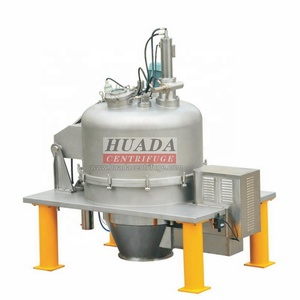













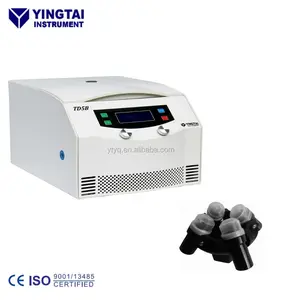

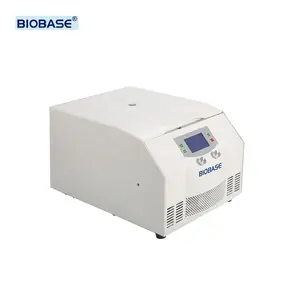



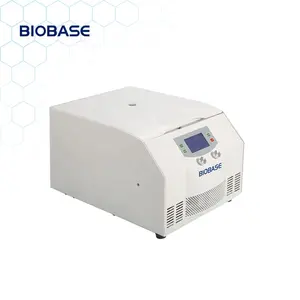










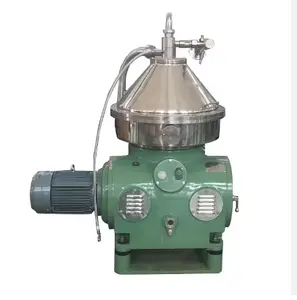

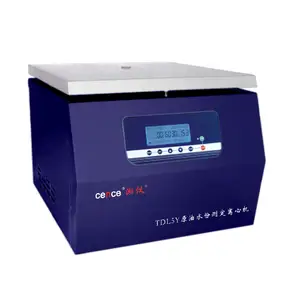
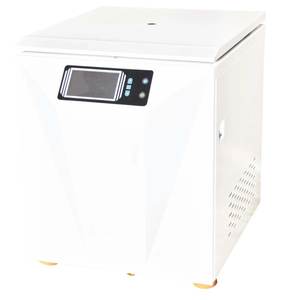
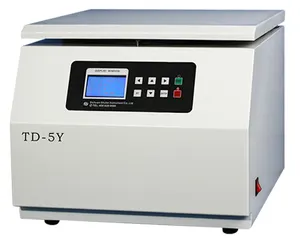

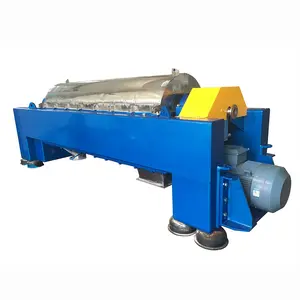
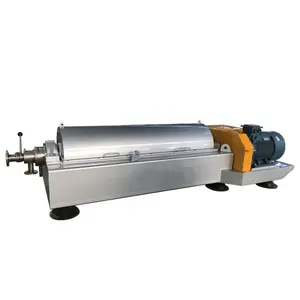







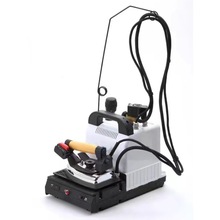
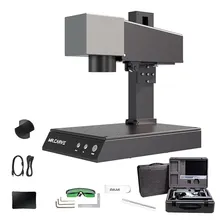

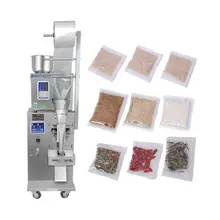


























 浙公网安备 33010002000092号
浙公网安备 33010002000092号 浙B2-20120091-4
浙B2-20120091-4